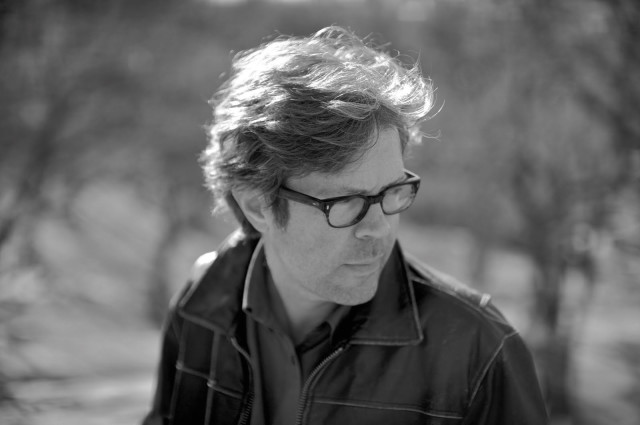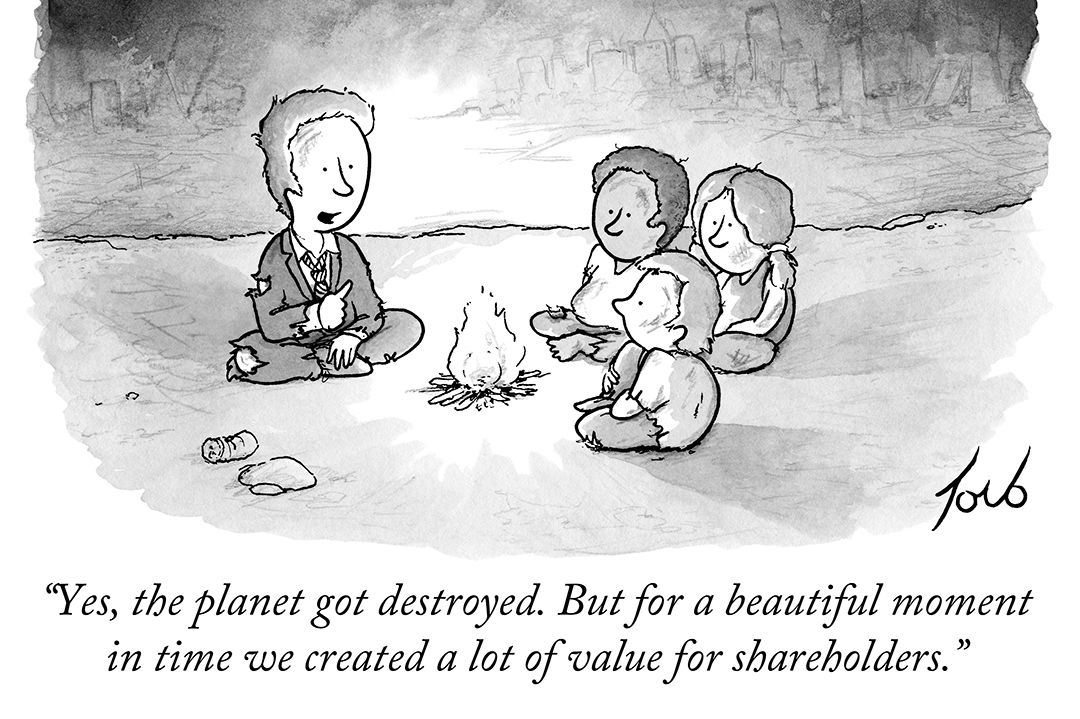Expanded Q&A: Jonathan Franzen

Image: Courtesy Greg Martin
Editors' note: This is an expanded version of the interview published in our magazine's January issue, featuring—among other added material—Franzen's opinion about Portland winters.
Freedom was a tremendous success, endorsed by everyone from Oprah to Obama. Is your experience of writing different since it significantly raised your profile?
It’s not. I think some of the things I decided to do in the last two years—one was working on the HBO TV version of The Corrections, which ultimately wasn’t picked up, and the other was writing a short book based on my translations of Karl Kraus, the Viennese satirist (which I think I’m going to be talking about in Portland)—were made easier to do by my feeling that I didn’t have anything to prove. Kraus is a very difficult writer, and I don’t expect it to be a major best-seller, but it didn’t matter: I felt like, after all of the commotion around Freedom, it was OK to spend most of the year trying a new medium. So Freedom brought a certain kind of freedom. But in terms of how I feel trying to write sentences that are alive, I’m finding it’s no different. Just as hard, but also just as absorbing.
Why did you want to release an essay collection now?
When I sat down and looked at the stack of [essays], I was struck by certain themes—particularly love—that emerged from it, and it seemed like it hung together as a collection.
You said in a 2010 Fresh Air interview that writing about environmental concerns had become less compelling for you, yet several of Farther Away’s essays are about the environment. What’s changed?
Even in the pieces that are preoccupied with the environment, the program is to go and try to listen to the other side. When I was writing about the killing of migratory birds in the Mediterranean, the thing I wanted to do was find out what the hunters were like, how they thought, and to try to get to know some of them as people. I’m primarily a novelist, and a novelist can’t afford to dislike people. The journalism becomes, then, an excuse to go and meet people and, really, address my own anger.
The other thing is, these are all nonfiction pieces. Something I’d learned earlier was that all of my essayistic and journalistic energies were better devoted to nonfiction than fiction—that they had been deforming the novels, in a way—and once I learned to get it out of the novel and let the novel do what it does best, I was just a happier person.
You’re an avid birdwatcher, and birds are a frequent topic of this collection. What draws you to birds?
It’s a long list at this point, and it’s difficult to explain to someone who hasn’t caught the birding bug, but one can note that they’re pretty, they fly, they sing, they build nests, they migrate over long distances, they have incredibly sophisticated behavior, they navigate over those long distances, and that there are lots of kinds of them (but not millions, like there are of insects, so you have some hope of mastering the subject in a lifetime).
They’re indifferent to us, and they’re everywhere—truly everywhere. They’re in the Arctic, they’re in the mid-ocean, they’re in the Antarctic, they’re in the desert, they’re in the swamp. So you always have the companionship. It’s nice to get a break from the human world. The birds that are hanging around in the trees outside my window here in Manhattan, they’re going about their own business. I can snap out of the whole problem of the human world into watching what they’re doing for a few minutes, and it’s a relief.
You do a lot of processing in Farther Away of your friend David Foster Wallace’s suicide. How does Wallace continue to influence you?
I feel like I lost my hitting partner as a writer—and, to me, almost entirely good aspects of friendly competition. In the work, a certain amount of competition probably continues. In [remarks at a memorial service for Wallace, included in Farther Away], I said that there were a lot of different stories I could tell about why Dave killed himself. And all we ever have on the outside of a suicide is the stories we tell ourselves; we don’t have the story, we just have different versions circling around the stark fact. What was in the title essay was another one of those stories, and I’ll probably continue to turn around still others in my head, and who knows where they’ll pop up in the work.
You also talk about the process of actually becoming a different person to write a new, meaningful work of fiction. “The person you already are wrote the best book you could,” you say. Did you feel that way after finishing Freedom?
Yes, and that is one reason I went nearly three years without writing a word of fiction. A mistake I’d made after my two previous novels had been to rush in too quickly and try to write another novel, and I painfully discovered that I was in fact just rewriting what I’d already done. I figured it would be good to force myself, by taking on other projects, not to even think about fiction, even though by the start of the third year, I missed it in an almost physical way. It was the longest I’d gone in my entire life since I was eight years old without writing fiction.
What are you currently working on?
I have a novel. There is a four-page, single-spaced proposal for it, whatever those proposals are worth. I look at the old proposals now, and I see the one part of them that actually got made into a book, and I think, “How come I couldn’t see that? What is all this other stuff?”
I’ve let go of any illusion that I’m a writer of 150-page novels. I need room to let things turn around over time and see them from the whole lives of other characters, not just the single character. If I could do a single-character novel, it wouldn’t have to be so long, but for better or worse, one point of view never seems to do it for me.
Anything to add?
Only that I’m looking forward to going to Portland. I’ve done a couple of readings there organized by Powell’s, and I have a brother, sister-in-law, and nephew who live there, so it’s an occasion for a family visit. I love it in the winter, the kind of murky air. For the occasional visitor, it’s extremely atmospheric.
For more on Portland arts and culture, sign up for our weekly On The Town newsletter, subscribe to our RSS feed, and follow us on Twitter @PoMoArt. Visit our Arts & Entertainment Calendar for our editors’ event picks.




